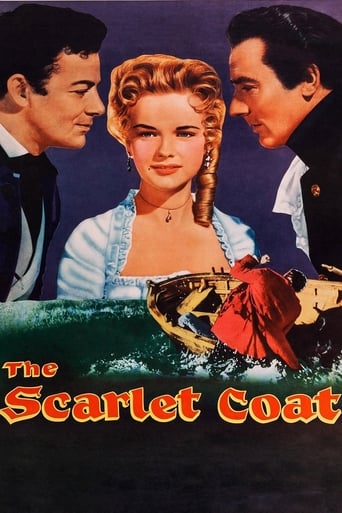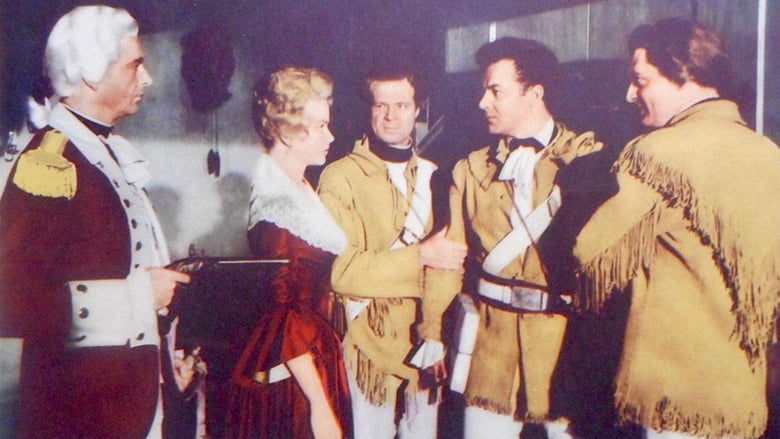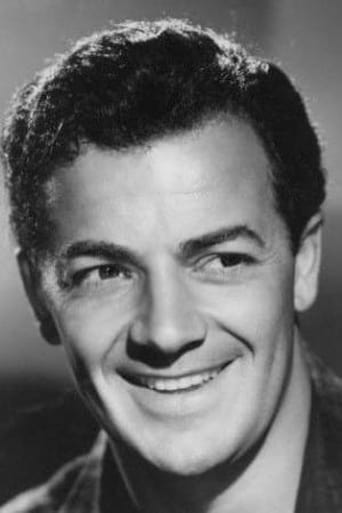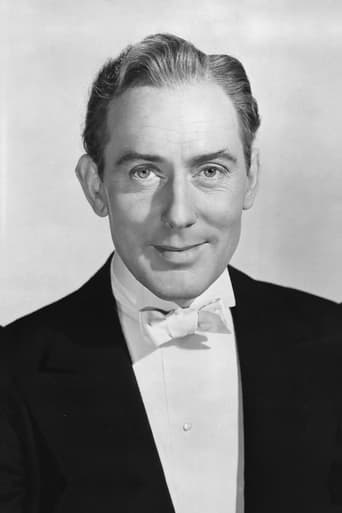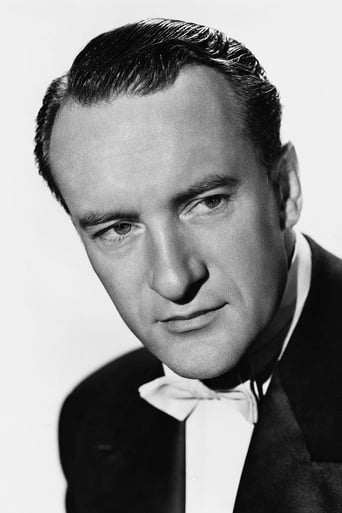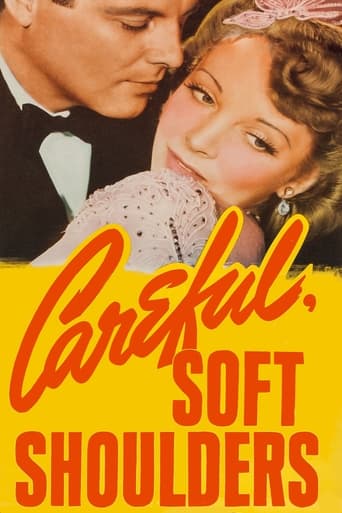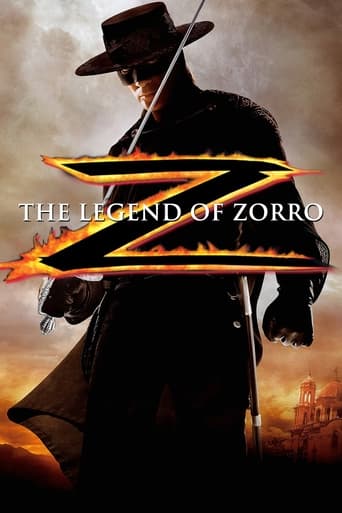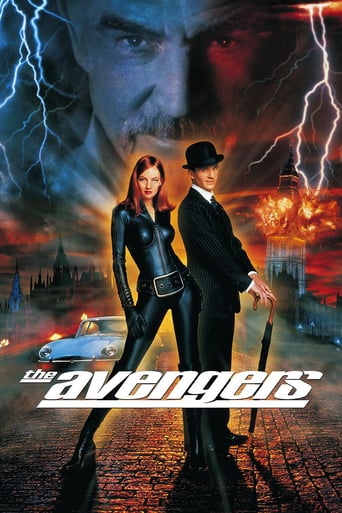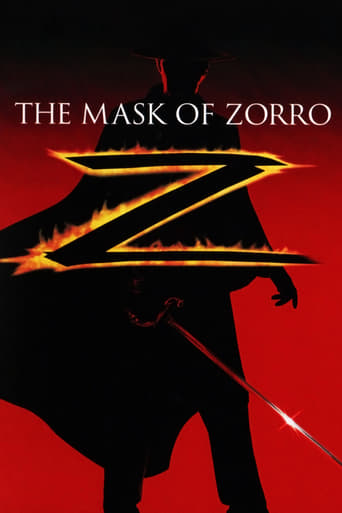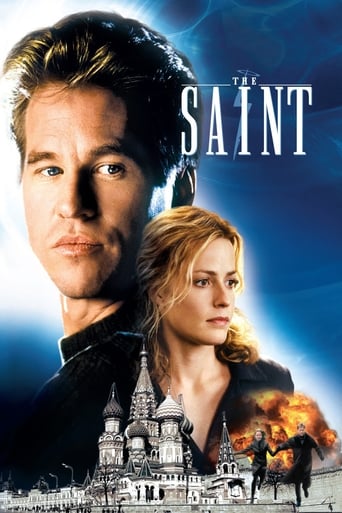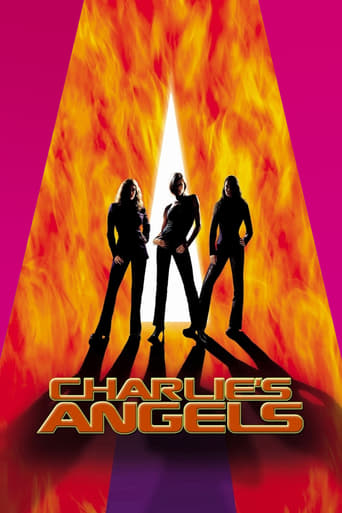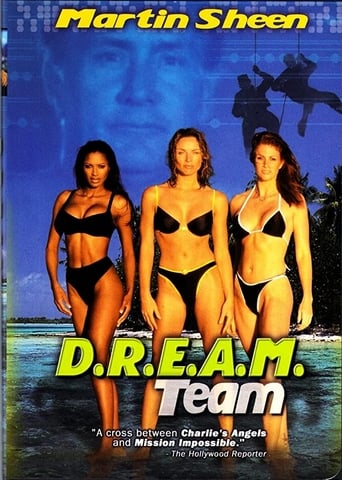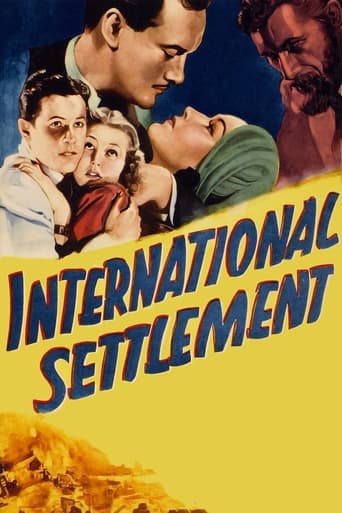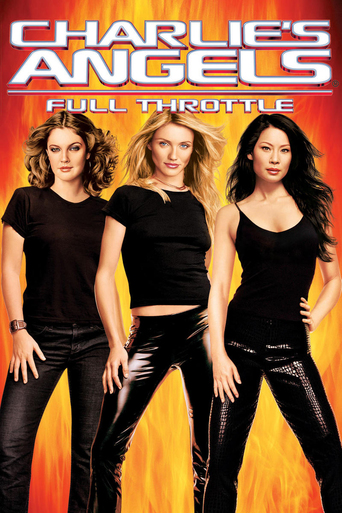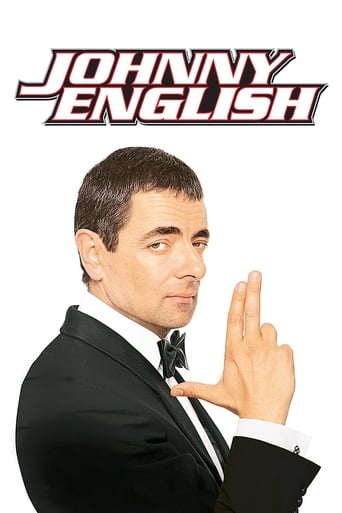The Scarlet Coat (1955)
An American officer goes undercover to unmask a Revolutionary War traitor.
Watch Trailer
Cast


Similar titles
Reviews
Wonderful character development!
So much average
hyped garbage
Absolutely the worst movie.
Copyright 1955. A Metro-Goldwyn-Mayer picture. New York opening at the Palace: 29 July 1955 (ran two weeks). U.S. release: 19 August 1955. U.K. release: 23 April 1955. Australian release: 6 September 1955. 104 minutes. SYNOPSIS: In 1780, Washington places General Benedict Arnold in charge of the garrison at West Point.COMMENT: Although critics blamed director John Sturges for the lack of tension and suspense in this promising story idea, the blame should have been sheeted home to Karl "Fumble-Fingers" Tunberg who allows the film's central character, Benedict Arnold, to simply disappear after an elaborate (and well-written) introduction. We keep waiting for him to re-enter and then figure in a climactic unmasking and showdown, but he never does. Instead the screenplay focuses on a subsidiary figure, Major John Andre, so pallidly played by Michael Wilding, he allows everyone in sight (except Anne Francis) to steal his scenes. Fortunately, charismatic George Sanders leads the scene-stealers. He is easily the movie's greatest asset. Miss Francis is not only wasted, her part has no point or purpose at all. When the screenplay suddenly decides to bring Major Andre center stage, she simply disappears. As for Mr. Wilde, he is forced to struggle with a role that both he and Sturges (and the movie-going public) knew was quite beyond his range. (It was written for Stewart Granger, but he wisely turned the part down). Despite a lot of money up there on the screen, including its rich production values in costumes, locations and splendid autumnal CinemaScope panoramas, M-G-M was forced to sell "The Scarlet Coat" to exhibitors as a "B" attraction. It was the fourth CinemaScope movie from any studio to lose money. "Jupiter's Darling" was the first casualty, "Bedevilled" was the second loser, "The King's Thief", the third. So strike four for Metro-Goldwyn-Mayer!
Although no one should depend on this film for his honor's thesis on the American Revolution. But this account of the foiling of the plot of Benedict Arnold to betray the American Revolution is certainly a fine drama with Cornel Wilde in the lead as an American secret agent who stops the Arnold betrayal of the fort at West Point way before the site became where the U.S. Military Academy is located. Wilde is no James Bond type spy, he's got the charm of an 18th century Bond, but he survives on his wits not any gadgets.The focus on this story is Major John Andre who was the go between for Arnold with the British. Andre is played with the charm and heroic dash that he has come down in history with by Michael Wilding. He's captured but Arnold escapes and joins the British army in the last year of the Revolution. A little too late for the Mother country to put his knowledge to good use.Although I liked this film very much I wish a film would come out with Arnold as the central character instead of Andre. Arnold is played here by Robert Douglas. With some very good reason Arnold felt he was not getting his due from the colonial cause. He may have been a sellout rat, but he was in possession of a brilliant military mind. His second wife Peggy Shippen of Philadelphia who was of Tory sympathies had a lot to do with him selling out the Americans. She's fascinating in herself and we don't see her. Wilde and Wilding are a matched pair of gallant adversaries. I recommend The Scarlet Coat for dash and élan, if not accuracy.
One of the intriguing aspects of this historical drama is the way the "Tories" or British American Loyalists are portrayed, and the sort of gloss given to their ardent support for King George III. In many ways the American Revolution was definitely a family affair, in that some of the wealthier colonial families were split asunder by it. If there is a strong criticism to be made of this film, it is that perhaps the people in this story are made out to be a little bit nicer than they were in real life.In some regards, the actions of the character of Major Boulton, played by Cornel Wilde, make him the least likable member of the cast and the flaw in the storyline. He seems to vary from being a prickly kind of patriot to being a kind of 'anything for the cause,' fellow. This film does concentrate heavily on the notions of personal honor and personal prestige which were a major social 'norm' in that day and age.In its subtext, the fact that about twenty-five percent of the colonial population was decidedly pro-British is glossed over, too. But the strength of the Tory element is not obviously maligned, although the good doctor character is about eighty-five percent upper class twit ( to steal a fine phrase from Monty Python's Flying Circus ). Anne Francis does a whole lot with a rather thin section of the script, and it stands out. She was a good choice for the woman of divided loyalties, a 'gal' who was rather more modern than the social conventions of that day might have allowed -- if there had not been a life and death struggle going on.One good aspect of the film is the way the rivalries of the American revolutionary leaders degenerated into outright jealousies, and how these personal conflicts very nearly sabotaged the entire revolutionary effort. All in all, the leading characters are very well drawn, the minor characters are not just human "props" and the fight scenes are believable enough to carry the dramatic action.This is a great spy movie. It's not quite a great historical drama, but it does satisfy well enough. It rates a seven largely because Cornel Wilde is so deeply immersed in his role, and does it so well, and because Anne Francis makes the most of her supporting effort.The color print used on Turner Classic Movies was very clear, as well, and so it was an enjoyable presentation in that important regard.Hope it runs again soon.
At the film's beginning, a card tells us this is to be about Benedict Arnold's unmasking as a traitor. So, I expected the usual historical action film, depicting the heroic Americans and the villainous British. And, at first, the film seemed to be going this way.But then, it became richer as it focused not so much on Benedict Arnold as on Major John Andre, the British Adjutant General, and Major John Boulton, an American secret agent. The essential plot point is that Boulton will pretend to desert the American forces and go over to the British, his object being to learn who the mysterious Gustavus is. Gustavus is a pseudonym for an American (Arnold, of course) who is revealing secrets of the American forces to the British.But once Boulton has "defected," he encounters two very interesting men. One is Dr. Jonathan Odell, who never trusts Boulton, thinking from start to finish that Boulton is an American agent. The other is Major John Andre, who accepts Boulton as a true defector. In his guise as defector, Boulton appears to be a man without ideals, someone interested in making money for the information that he can carry.As the film develops, Boulton and Andre come to respect each other, tho they are men on opposite sides. Andre always claims that Boulton has ideals, and so it proves to be. And Andre comes across as a loyal British subject, a man of integrity. It was amazing to see the story line develop in this way: both sides in the Revolutionary War (and every war) have fine people, people of honor and integrity, loyal to their country and its ideals. Were it not for the war, these people might be good friends and work together.In the climatic scene, Andre is found guilty of enticing Arnold to betray his country, even to offering Arnold money for information. As Andre makes clear, that is his job, and there are Americans who are trying to do the same thing with British officers as well. Andre is sentenced to death.Boulton so respects Andre he goes to George Washington in an attempt to get a reprieve from the death penalty for Andre. And Washington does provide a solution: If Andre will sign the papers, he will be exchanged for Arnold, who has deserted to the British and is among their troops. But Andre refuses. As Andre explains, from his position as a British officer, he sees Arnold as having "seen the light," i.e., that the British position is correct and the Colonists are wrong for rebelling. Andre rises to heroic status in this scene, a man to be respected, and a true British patriot, willing to sacrifice his life for his ideals. And so he does. He was executed October 2, 1780.The film is beautiful. I saw a pristine Cinemascope print. A note in the credits (read carefully) indicates that much of this film was shot at the Sleepy Hollow Restoration on the Hudson where many of the original events took place. It was shot in the autumn with the color of the leaves at their full beauty. The costumes rival the colors of nature, particularly the scarlet coats of the British officers. But color is well used (symbolically) throughout the film. For example, Odell is usually dressed in brown or gray. And Boulton is often in blue, sometimes a very vibrant blue. The film makes fine use of the Cinemascope aspect ratio.My only objection to the sets is this: Everything looks new, as if the furniture had just been purchased at a local store, as if the painters had just left yesterday, the lawn crews had just finished mowing the grass and tending the flower beds. Of course, the trees at the Sleepy Hollow Restoration have almost 175 years on them from what they looked like in 1780. The roughness of the true colonial days isn't here.Cornel Wilde and Michael Wilding do fine jobs with their roles. A lot of critics wrote off Wilding as a lightweight actor. But here his British demeanor and accent are perfectly correct for Andre, and Wilde's rougher looks are correct for the American he plays.Sanders is also satisfactory in a good part of the suspicious doctor. And Bobby Driscoll--remember him from "Song of the South"?--has a small supporting part as a teenager anxious to join the Revolutionary forces.Anne Francis is window dressing as Sally Cameron, whom both Andre and Boulton are in love with. At his end, Andre asks Boulton to look to Sally, for, should the Colonists win the war, she will probably be treated as a traitor because of her late husband's British sympathies.The script was written by Karl Tunberg, who'd done the script for "Beau Brummel" just before this. Earlier (1945), he'd written "Kitty." "The Scarlet Coat" is finer than either of these.There was only one line that was false, a storybook line: Andre says, "I must go to my rendezvous with history." But, apparently, Andre actually said this line or legend has attributed it to him. It is on his tomb in Westminster Abbey.This film is well worth your attention.

